
Culture
16:31, 13-Nov-2018
A restaurant for the hard of hearing
Updated
15:37, 16-Nov-2018
CGTN
03:30
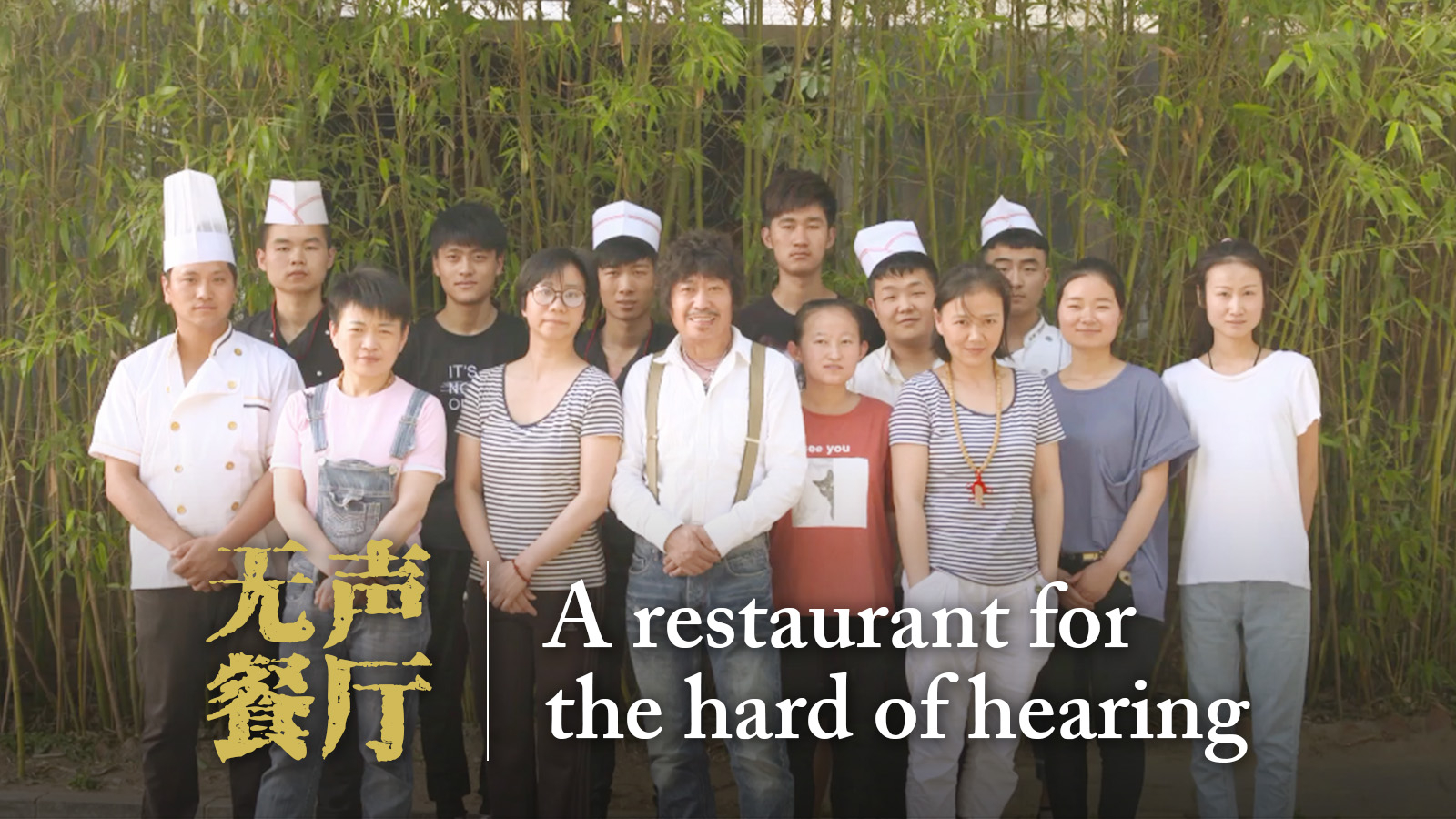
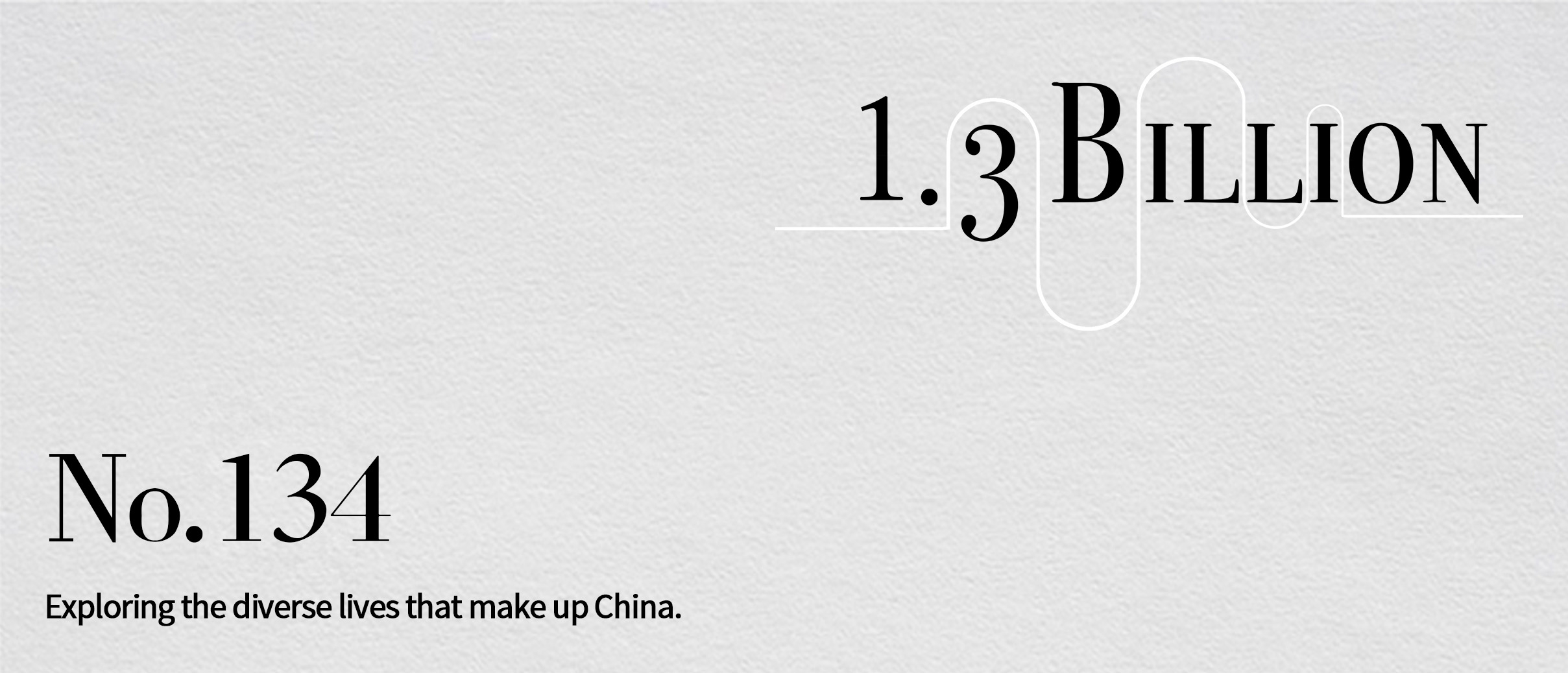
CGTN
CGTN
Located in the Songzhuang Artist Village (a famous artist community in Beijing), there is a "silent" Sichuan cuisine restaurant whose employees are mostly hearing-impaired. Here, customers write down their orders, and it's even better when they know sign language. In any case, it's not like other Sichuan restaurants, which can get noisy.
The restaurant is named after Mi Na, wife of the owner Su Qing. It is she who spurred him to quit a nine-to-five job before moving to Beijing and renting this place for their restaurant. One of its supervisors, Chen Fangfang, was a professional dancer in the well-known dance "Thousand-hand Bodhisattva," which featured hearing-impaired performers.
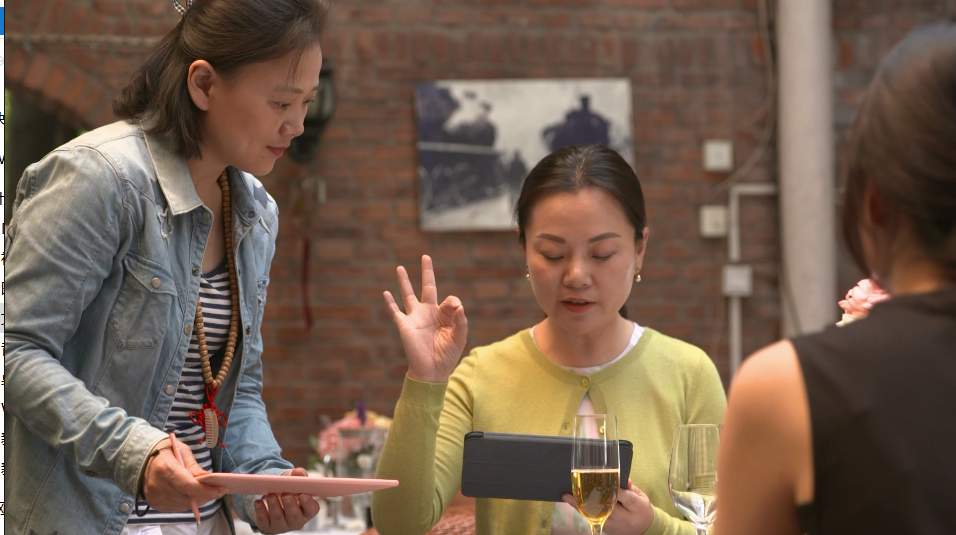
CGTN Photo
CGTN Photo
Su's elder brother lost his hearing at a very young age. Born in the Inner Mongolia Autonomous Region, Su used to work as a director for a media company in southwest China's Chongqing city. He went home for the Spring Festival after being absent for three years, only to find his brother much more depressed and deeply isolated. There was no way he could communicate with anyone in the family, as his little brother, the only one who knows sign language, was not by his side.
"It is prevalent in most families like ours. I hope they could be more inclusive, and try to communicate with those hearing-impaired members of their families."
Su made a documentary on deaf people's lives in 2002, which won him awards at several film festivals. Yet he always wanted to do more for them.
So he came to Beijing and started this restaurant.
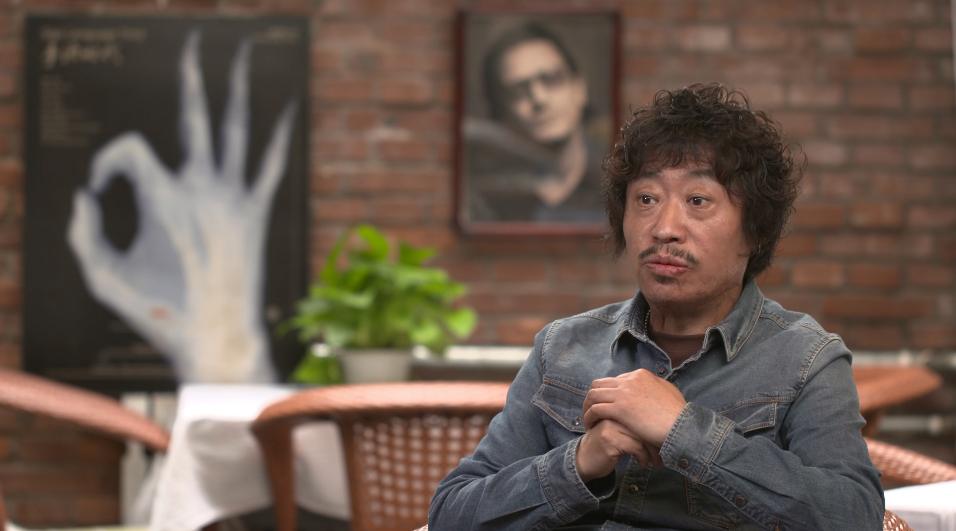
Su Qing /CGTN Photo
Su Qing /CGTN Photo
There were barely any customers when he opened for business in 2008.
"We were desperate for customers every single day. There were hopes when we saw the car light coming close, but it just passed us like a gust of wind. At the time, there were two ponds in the front and back of the restaurant. On cold days, when the water evaporated, the building was always covered in heavy fog. You could hardly see beyond five meters. Everyone recalls the desolation."
Under such conditions, many employees texted Su after the Spring Festival, saying they would not come back.
"One of our supervisors, Fangfang, had thought about making a living by dancing across the country. Some of the other staff members even thought about making porcelain."
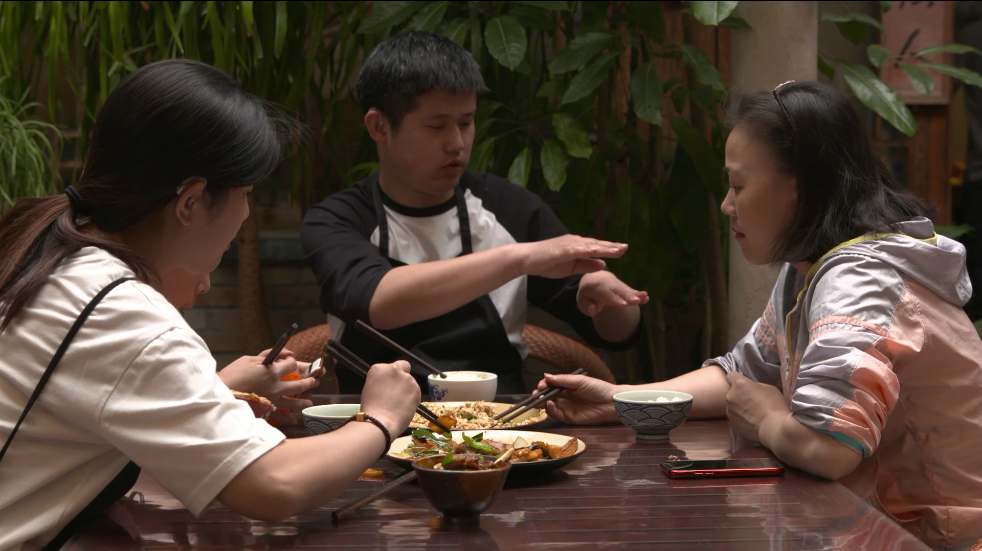
CGTN Photo
CGTN Photo
But Su never gave up. He persuaded them to stay by saying, "You cannot always dance for a living like you can now. Let us hold onto it. I'm sure you will get what you need both financially and professionally. Together we can make it."
Su recalls those hard times, "When the business was so bad, we would work on new dishes, try them together and put the good ones on our menu. The winter was freezing cold, but we couldn't afford a better heating system. In that case, our best dancer in the house, Fangfang, taught us the Bunny Hop dance to keep warm. It was really fun." One year later, business picked up.
Being used to living among their kind, some of the waiting staff felt it extremely difficult to walk toward customers with normal hearing. "I pushed them out of the kitchen, so that they had to figure out how to communicate with them."
In order to warm them up, Su made them say "good morning" with sign language to each other every day. Feeling uncomfortable about it, they didn't reply to Su's greetings at first. But they gradually got used to it later, when Su asked them to say "good night" as well.
"It took a long time to rebuild their self-identification. I hope they could identify themselves first as a man or a woman, then as the staff of the restaurant, all those before a hearing-impaired who talks in sign language. Those days were gone when they see themselves only as imperfect."
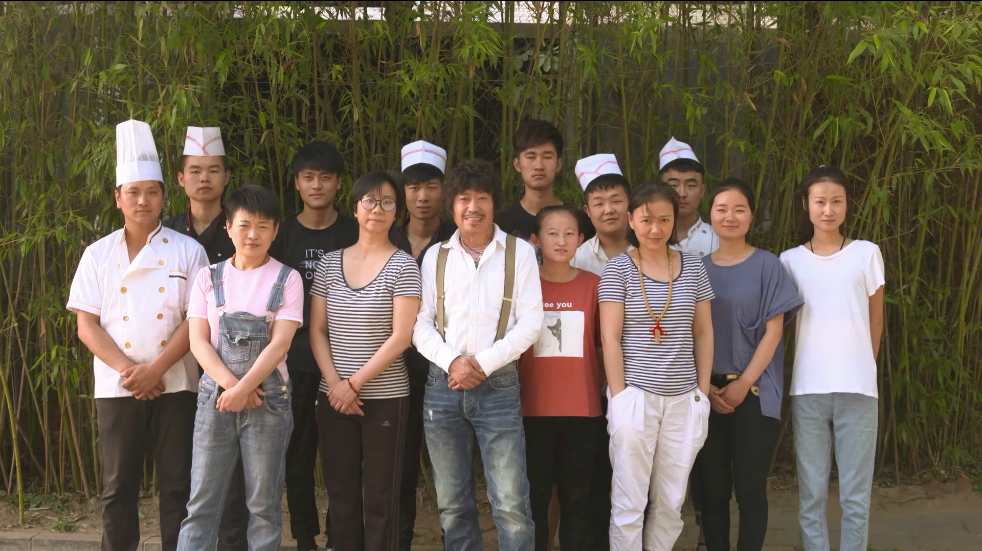
CGTN Photo
CGTN Photo
At last, Su's wish was fulfilled when all of the staff members learned to serve and to communicate. There was a time when Su made everyone a small name tag that explained the silence. But they got rid of it later, thinking it was merely to gain sympathy. Fangfang and other staff decided to use their notebooks in the apron pocket. It was much easier.
Their families were totally surprised to see the change, as they'd become more considerate and independent.
Anyone who walks into the restaurant can feel the warmth and loving atmosphere. "Songzhuang is an artistic place. Those imaginative customers might think we are doing some kind of performance art, and they are happy to fetch the tableware by themselves," says Su.
Fangfang has been working here for over 10 years. She even brought her friends in, who are more than happy with this job. "We used to work for normal people. It was difficult to communicate when I always had to write it down. And some of them bullied me like delaying the salary or firing me for not communicating properly. But I've learnt a lot of things here, like making coffee, dessert, tea and many cold dishes."
She even bought an off-road car to spend vacation with her parents.
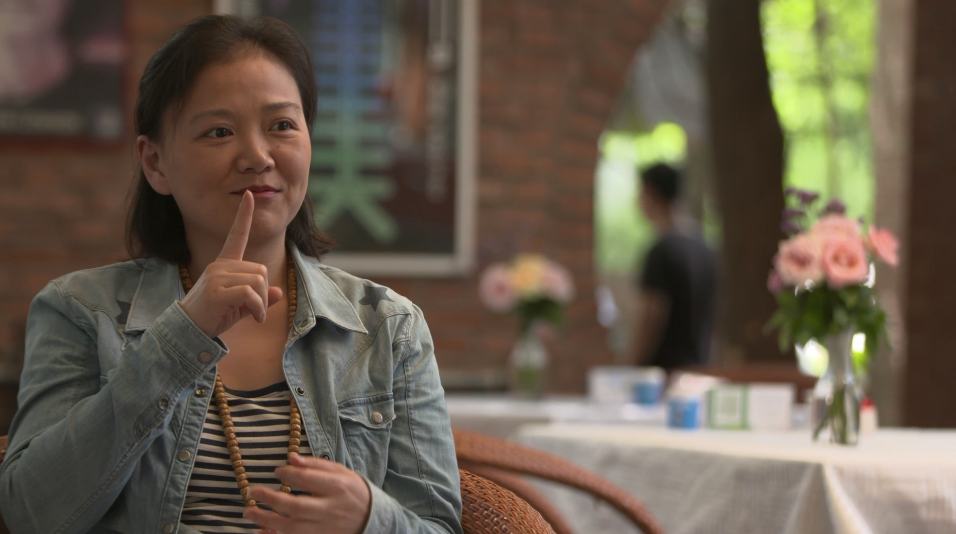
Fang Gang /CGTN Photo
Fang Gang /CGTN Photo
"Our restaurant helps them break the wall. They used to keep away from normal people, doing things that they could manage alone. They were afraid to communicate and always kept to themselves. Here, they can talk with all kinds of people: artists, bosses, managers, engineers, etc., and even become friends with them. They opened up to the world," says Su.
There are over 20 million hearing-impaired people in China, making them the country's largest group among the handicapped. "In the past 10 years, we've proven that the hearing-impaired and normal people can get along very well in the house," says Su. "I hope that more people could help them integrate into society in similar ways, so that they'd have a chance to find the meaning in their lives."
Director:Chen Xiao
Editor:Zheng Zhihua, Gao Xingzi
Filmed by: Yan Jingwei
Designer:Li Xiaojie
Article Written by: Yao Xinyi, Zhu Siqi
Copy Editor: Henry Weimin
Producer:Wen Yaru
Chief Editor: Wang Dongmei
Supervisor:Pang Xinhua

The story is one in The 1.3 Billion series exploring the diverse lives that make up China.
The story is one in The 1.3 Billion series exploring the diverse lives that make up China.

SITEMAP
Copyright © 2018 CGTN. Beijing ICP prepared NO.16065310-3
Copyright © 2018 CGTN. Beijing ICP prepared NO.16065310-3